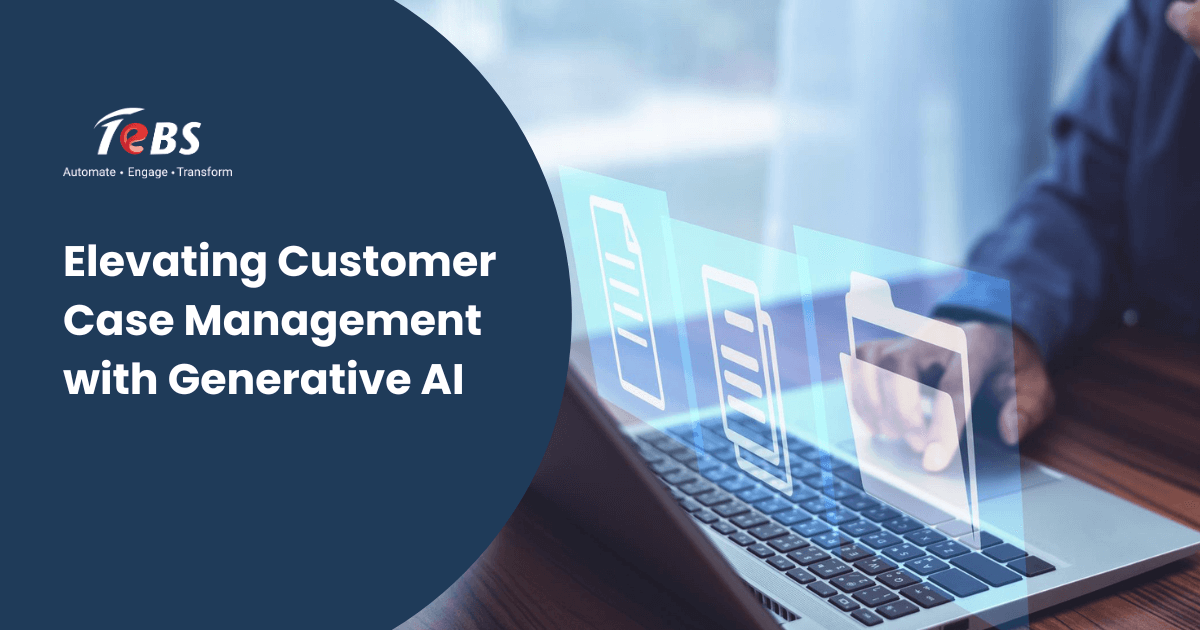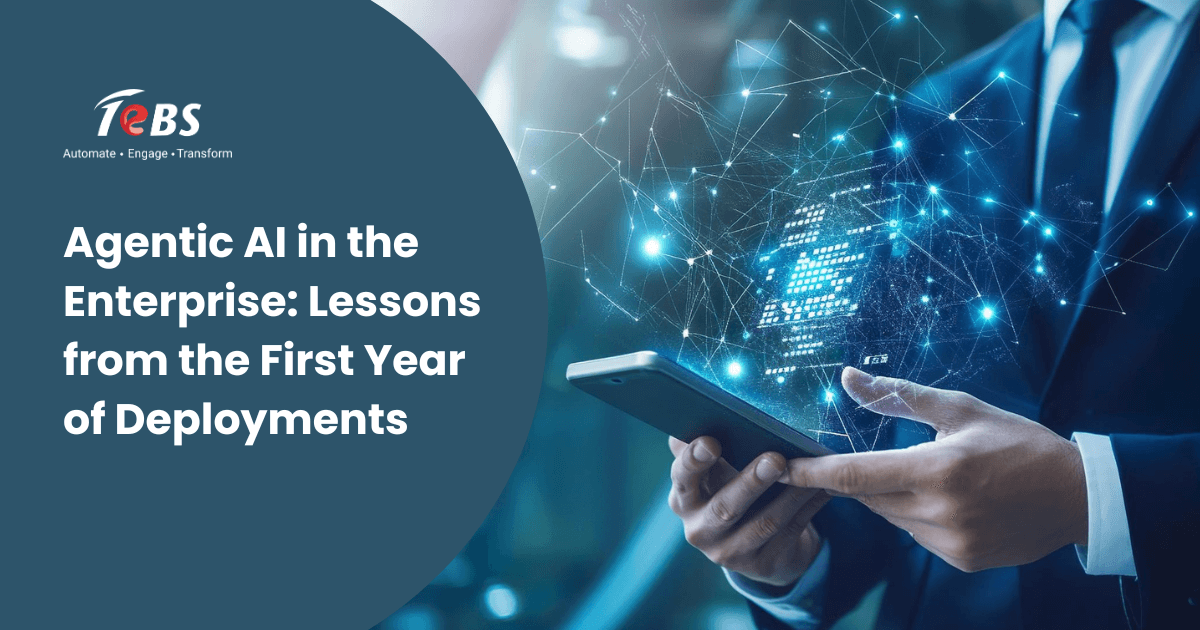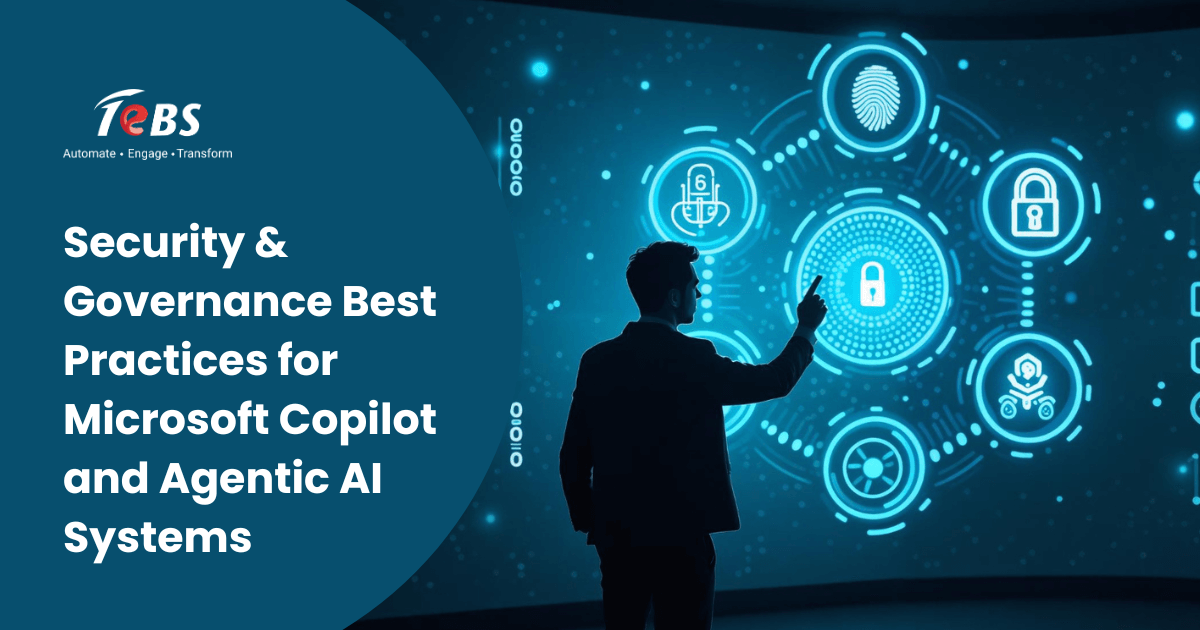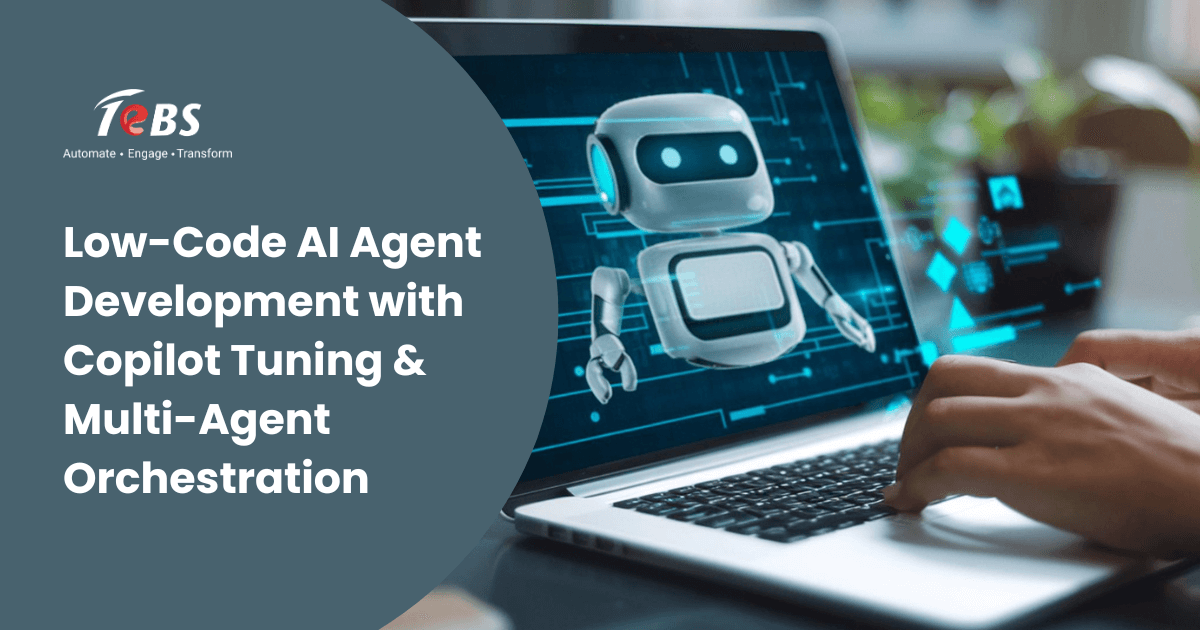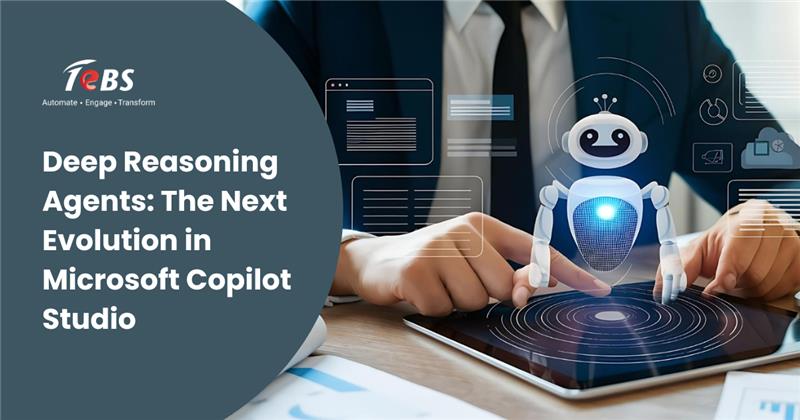Customer expectations are rapidly evolving. Whether in commercial enterprises or nonprofit organizations, people no longer settle for delayed responses, fragmented services, or one-size-fits-all solutions.
The need for personalized, timely, and holistic engagement has never been greater. At the heart of meeting this demand lies an often overlooked yet crucial function of customer case management.
Traditionally, case management has relied heavily on manual inputs, structured workflows, and reactive support.
While these methods served their purpose, they fall short in delivering the level of responsiveness and empathy customers and communities now expect.
This is where generative AI comes into play, reshaping case management into a dynamic, intelligent, and proactive function.
Redefining Case Management in the Age of Intelligence
Case management spans a wide spectrum, including issue resolution, service delivery, support escalation, and client engagement.
The challenge lies in synthesizing disparate data, tracking multiple interactions, and offering contextualized services all while maintaining speed and empathy.
Generative AI is redefining this landscape. Unlike traditional AI models that depend on predefined rules or decision trees, generative AI understands natural language, generates human-like responses, and adapts continuously to new inputs.
This means customer service and case management teams can now move from routine ticket handling to intelligent, context-aware, and predictive assistance.
Proactive Engagement Begins with Smart Intake
The starting point of every customer case is often an email, form submission, chatbot conversation, or phone call.
Generative AI transforms this intake process by using natural language understanding to analyze the message intent, categorize the issue, and extract relevant entities automatically.
Instead of agents spending time reading through and tagging each request, AI can instantly generate a structured summary, assign the right category, and even suggest initial responses.
In certain contexts, it can go further creating complete case records with preliminary action plans before a human ever reviews them.
This not only accelerates first response time but also reduces the manual burden on staff and enables them to focus on high-touch engagement were empathy and nuance matter most.
Case Summarization and Decision Support in Real Time
When multiple agents interact with a customer across channels, details can be lost in the shuffle.
Generative AI can synthesize these fragmented interactions into a coherent, chronological case summary.
This provides agents and case managers with an instant snapshot of the situation including past communications, pain points, actions taken, and pending items.
Moreover, AI can offer decision support by suggesting next best actions, highlighting anomalies, and flagging cases that may require escalation based on risk patterns.
These intelligent nudges empower caseworkers to act with greater confidence and precision.
For leadership teams, this real-time intelligence enhances monitoring and allows resource allocation to be optimized based on evolving case complexity and urgency.
Personalized Responses at Scale
One of the standout capabilities of generative AI lies in its ability to compose highly personalized messages.
Unlike templates that often feel robotic or generic, generative AI tailors communication to the customer’s tone, sentiment, and case history.
Whether it is a follow-up message, appointment confirmation, or a response to a complaint, generative AI ensures each touchpoint resonates with the customer’s context.
It can also translate messages across languages or adapt communication styles based on formality, making customer engagement inclusive and culturally aware.
The result is a significantly improved customer experience one that builds trust and enhances satisfaction without increasing workload.
Streamlining Internal Collaboration
Complex cases often involve collaboration between multiple departments, such as support, legal, finance, and operations.
Coordinating these teams can be time-consuming and error-prone without a centralized communication framework.
Generative AI can act as an internal collaborator summarizing notes, flagging tasks, and updating shared case timelines automatically. It can even schedule meetings, generate status reports, and notify team members about critical updates.
This seamless orchestration ensures that all stakeholders remain aligned, regardless of case complexity.
Accelerating Resolution Through Dynamic Knowledge
Customers expect fast answers. But in many organizations, knowledge is scattered across manuals, intranets, and legacy systems.
Generative AI changes this by turning static documents into dynamic knowledge agents.
Instead of agents searching for an answer in a knowledge base, they can simply ask the AI for a specific solution and receive an accurate, updated, and contextualized response instantly.
This not only shortens resolution time but also improves consistency across case handling.
By analyzing resolved cases, AI can even identify gaps in existing documentation and recommend new articles or updates to strengthen institutional knowledge over time.
Outcome-Oriented Case Tracking
Moving beyond SLA metrics and ticket counts, generative AI helps organizations track outcomes and social impact.
It can evaluate the sentiment and resolution effectiveness of each case by analyzing follow-up conversations, customer satisfaction scores, and behavior signals post-resolution.
These insights help case managers improve service design and identify systemic issues that require structural interventions.
It also informs training programs by highlighting knowledge or performance gaps within the team.
Ethical Governance and Trust
Deploying generative AI in case management also brings responsibilities. Transparency in how AI decisions are made, human oversight, and strict adherence to data privacy are essential.
AI should not replace human judgment in sensitive or high-risk cases, but rather enhance it with richer information and better context.
When implemented with ethical guardrails, generative AI becomes a trusted ally not just in efficiency but in building meaningful relationships with those you serve.
Adapting Generative AI to Nonprofit Case Management
The transformative power of generative AI is not limited to enterprises alone. Nonprofits face their own set of case management challenges ranging from counseling services and community outreach to donor and volunteer engagement.
These organizations must often do more with less, managing high volumes of complex cases with limited resources.
Generative AI offers a scalable way to meet these demands while maintaining a human-centric approach.
Case documentation, scheduling sessions, reporting outcomes, and updating beneficiary profiles can all be streamlined through AI-powered automation.
Meanwhile, real-time summaries and multilingual communication ensure support reaches diverse communities without delay.
Bringing it All Together
At the heart of generative AI lies its capacity to augment human intelligence not replace it. In customer case management, this augmentation leads to faster resolutions, deeper personalization, improved collaboration, and better outcomes.
As organizations grow and evolve, having a case management system that can keep up one that learns, adapts, and scales is no longer optional. It is foundational to future-ready service delivery.
For nonprofits, especially those managing complex community programs and personalized services, the need for intelligent case management is even more critical.
As expectations rise and resources remain tight, technology must rise to the occasion intelligently, ethically, and empathetically.
Empowering Nonprofits with a Smarter Case Management Platform
CareSenz, developed by Total eBiz Solutions, embodies the principles of intelligent case management infused with AI-driven capabilities.
Designed specifically for nonprofits, CareSenz helps organizations expand their community reach and impact with a powerful digital backbone.
From managing case lifecycles and counseling sessions to handling volunteers, fundraising, and outreach events, CareSenz offers an all-in-one platform powered by modern technologies like Microsoft Dynamics 365, Power BI, and Azure Cognitive Services.
Its integrated approach brings together case tracking, personalized service planning, and outcome measurement all enhanced by insights that generative AI makes possible.
Whether you support eldercare, mental health, social services, or education, CareSenz helps you operate smarter, respond faster, and deliver more impactful services.
Ready to Elevate Your Case Management Journey
The future of customer and community engagement hinges on intelligent systems that adapt to human needs while scaling operations effectively.
Generative AI brings that future into the present transforming how organizations understand, manage, and serve their people.
If your organization is looking to reimagine case management with intelligence, agility, and purpose, reach out to us at [email protected] to explore how we can support your journey.
Together, let us create a future where every case receives the care, attention, and outcomes it deserves.

